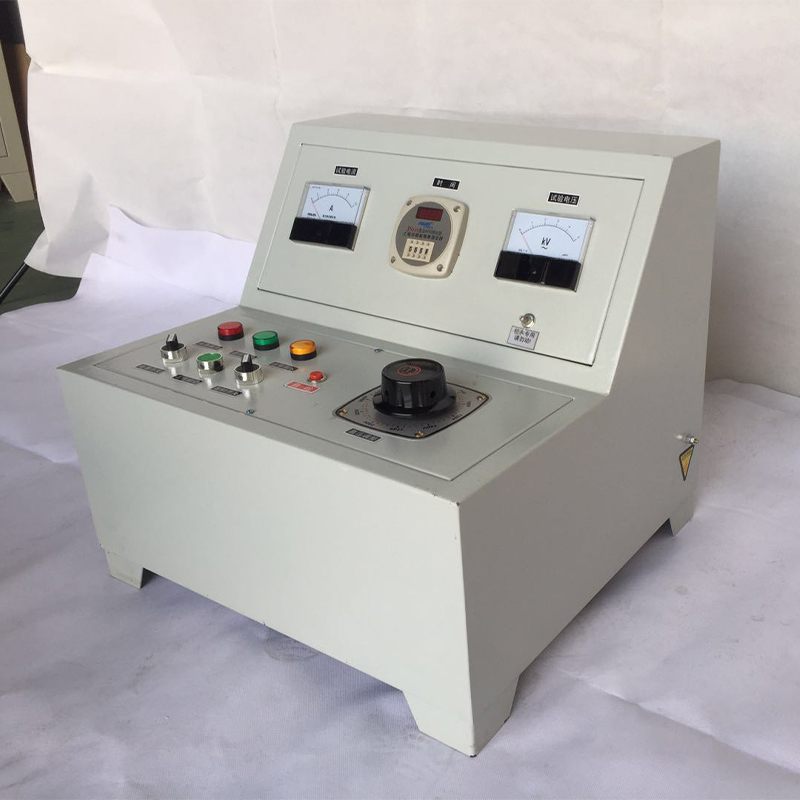electronic tensile testing machine
Electronic Tensile Testing Machine A Comprehensive Overview
The electronic tensile testing machine is an essential tool in materials science and engineering, primarily used for evaluating the mechanical properties of various materials, including metals, plastics, rubber, and composites. This advanced equipment provides critical data that helps in assessing the strength, elasticity, and ductility of materials under tensile stress. In this article, we will explore the basic principles, features, functionalities, and importance of electronic tensile testing machines in various industries.
Principles of Tensile Testing
Tensile testing involves applying a controlled force to a material until it deforms or breaks. The test begins with the preparation of a standard specimen, usually shaped into a dog-bone configuration, which has specific dimensions designed to standardize results. The specimen is then mounted in the grips of the testing machine. One side of the machine pulls the specimen while the other resists, measuring the force applied and the resulting elongation.
As the load is increased, data concerning the material’s behavior under stress is collected. This data is crucial for determining key mechanical properties such as yield strength, ultimate tensile strength (UTS), elongation, and modulus of elasticity. The relationship between applied stress and strain is typically plotted on a stress-strain curve, which visually represents the material's performance characteristics.
Features of Electronic Tensile Testing Machines
Electronic tensile testing machines boast various features that enhance their efficiency and accuracy. One of the primary features is the use of electronic load cells and extensometers, which provide precise measurements of force and elongation. The digital display allows for real-time monitoring of tests and immediate feedback on performance data.
Moreover, many modern testing machines incorporate advanced software for data acquisition and analysis, enabling users to generate detailed reports and graphical representations of stress-strain curves. Some machines even offer closed-loop control systems that automatically adjust loading rates based on the specimen's behavior during the test, ensuring optimal conditions are maintained throughout.
Safety features are also paramount in electronic tensile testing machines. These may include emergency stop buttons, safety interlocks, and protective enclosures to ensure operators are safeguarded from potential hazards during testing.
electronic tensile testing machine

Applications Across Industries
The applications of electronic tensile testing machines are extensive across multiple sectors. In the construction industry, they are used to test the strength of materials like steel and concrete. Engineers rely on this data to ensure that structures can withstand various loads and environmental conditions.
In the aerospace and automotive industries, precise material testing is critical for safety and performance. Electronic tensile testing machines evaluate materials used in components such as aircraft wings, automotive parts, and more, ensuring they meet stringent safety standards.
The biomedical field also benefits from these machines. The mechanical properties of materials used in implants and prosthetics must be thoroughly tested to ensure they can withstand the forces they will encounter in the human body.
Importance of Tensile Testing
The importance of tensile testing cannot be overstated. It is a fundamental procedure for quality control, research and development, and compliance with industry standards. Understanding the mechanical properties of materials allows engineers and scientists to make informed decisions regarding material selection and design processes that optimize performance and safety.
Moreover, as industries evolve with new materials and technologies, the need for advanced tensile testing becomes increasingly significant. Electronic tensile testing machines are pivotal in developing lighter, stronger, and more efficient materials that meet the demands of modern engineering challenges.
Conclusion
In summary, the electronic tensile testing machine stands as a cornerstone of materials testing. Its ability to provide precise, reliable data allows engineers and researchers to assess the mechanical properties of materials effectively, leading to safer, more innovative products. As technology advances, these machines will continue to evolve, playing a crucial role in the future of material science and engineering, ensuring that the materials of tomorrow meet the rigorous demands of various industries.
-
The Role of Tensile Force Testers in Quality Control and Material Science
NewsAug.01,2025
-
Maintenance and Safety Tips for Aging Ovens
NewsAug.01,2025
-
Density Balance in Forensic Science
NewsAug.01,2025
-
Advanced Optical Measurement Technologies
NewsAug.01,2025
-
A Buyer’s Guide to Tensile Test Machines
NewsAug.01,2025
-
Why the Conductor Resistance Constant Temperature Measurement Machine Redefines Precision
NewsJun.20,2025
 Copyright © 2025 Hebei Fangyuan Instrument & Equipment Co.,Ltd. All Rights Reserved. Sitemap | Privacy Policy
Copyright © 2025 Hebei Fangyuan Instrument & Equipment Co.,Ltd. All Rights Reserved. Sitemap | Privacy Policy
